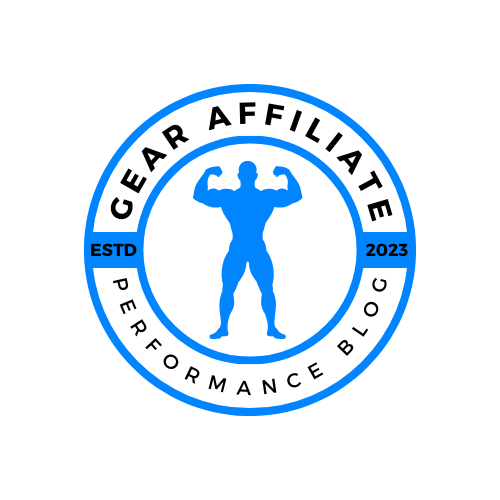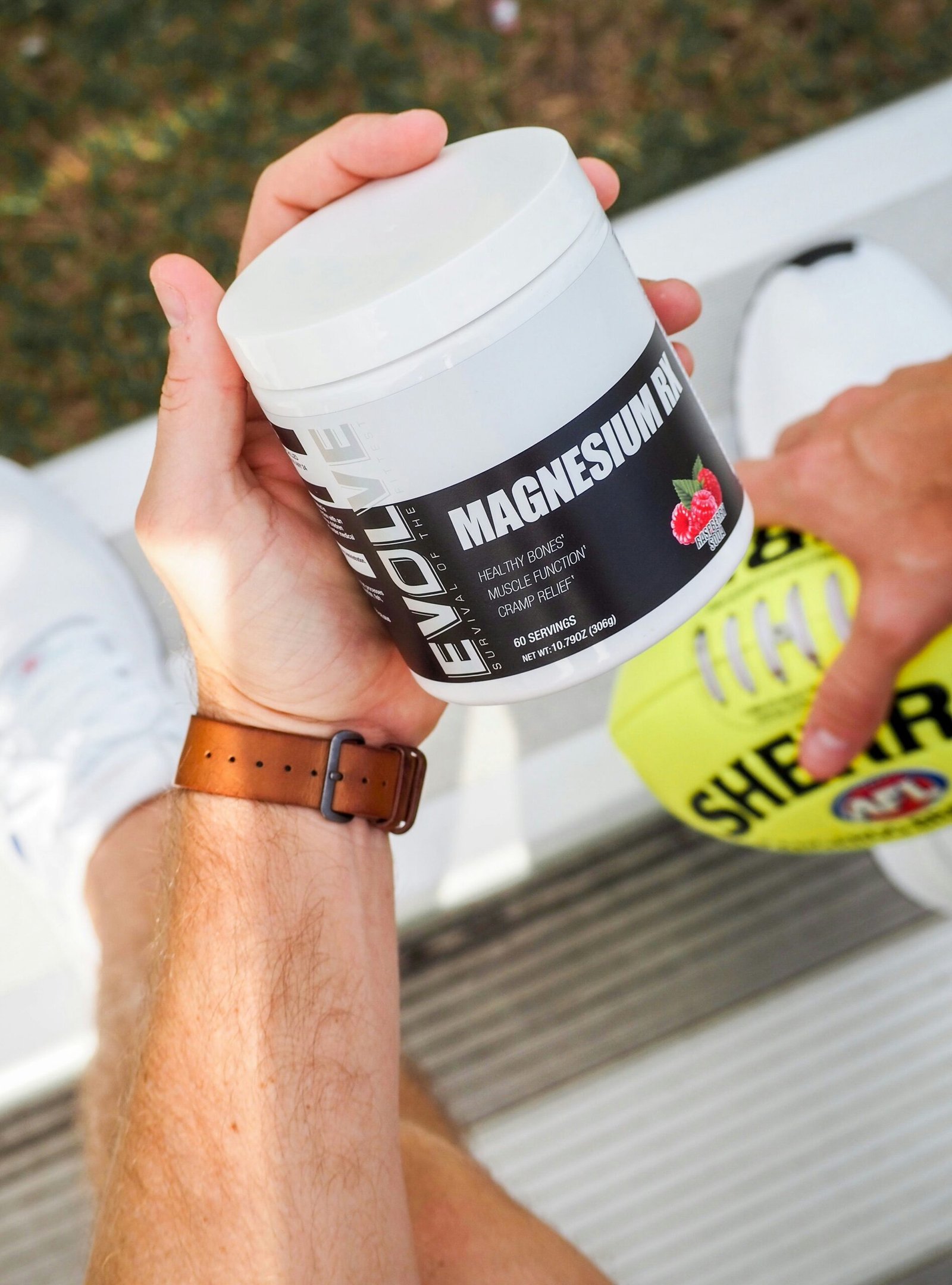Magnesium isn’t just another supplement—it’s a mineral your body runs on. From sleep and recovery to muscle function and energy production, magnesium plays a critical role in how you perform, feel, and recover.
If you lift heavy, train hard, or feel run down by midweek, this is one supplement you shouldn’t overlook.
What Magnesium Does for Active Bodies
Magnesium is involved in over 300 biochemical processes in the body. That includes turning food into usable energy, regulating muscle contractions, supporting your nervous system, and even balancing blood sugar levels.
If your recovery feels slow, or you’re dealing with tightness and fatigue more often than you should, low magnesium might be the culprit.
Here’s why it matters:
- Energy production – Magnesium is essential for ATP synthesis, the primary energy source your muscles rely on during training.
- Muscle function – It helps muscles contract and relax efficiently, reducing the risk of cramps or stiffness mid-set.
- Nerve communication – Supports clean signals between brain and body for quicker reaction time and coordination.
- Protein synthesis – Magnesium helps your body use the protein you eat to rebuild and repair muscle tissue.
Signs You Might Be Low on Magnesium
Even if you eat clean and train consistently, you might not be getting enough magnesium—especially if you sweat a lot, eat processed foods, or don’t eat a lot of greens and whole grains.
Here’s what that looks like:
- Chronic fatigue – Low magnesium = low cellular energy
- Muscle cramps and tightness – Especially during or after hard training
- Weaker lifts – You might feel like you’re stalling in strength or endurance
- Slower recovery – Soreness that lingers longer than it should
- Poor sleep – Magnesium plays a role in regulating neurotransmitters tied to restful sleep
These symptoms don’t always scream “magnesium deficiency,” but if you’ve ruled other things out (hydration, sleep, diet), it’s worth a serious look.
Why Supplementing Magnesium Can Level Up Your Training
Let’s be clear: supplementation isn’t just for fixing deficiencies—it can elevate your performance, too. Athletes and lifters who hit the weights or mat consistently benefit from magnesium in three major ways:
1. Better Recovery
Post-workout soreness is part of the game—but magnesium can help shorten the window. It supports muscle repair and reduces inflammation so you can bounce back quicker between sessions.
2. Improved Sleep Quality
Magnesium helps your body produce GABA, a neurotransmitter that calms the nervous system. That means deeper sleep, more REM cycles, and better hormonal balance for muscle growth and fat loss.
3. More Efficient Training
More magnesium = better ATP production = more fuel for your muscles. If you’re doing high-rep sets, long sessions, or serious cardio, this can be the edge you need.
Which Type of Magnesium Is Best?
Not all forms of magnesium absorb the same. Here’s a quick breakdown:
- Magnesium Citrate – Highly bioavailable, great for general supplementation and muscle relaxation
- Magnesium Glycinate – A gentler option on the stomach, often recommended for sleep and stress support
- Magnesium Oxide – Common but less effective for absorption (we usually skip this one)
Some lifters even stack magnesium with zinc (ZMA-style) before bed to improve hormone profiles and recovery.
Our Favorite Magnesium Supplement (And Why)
We’ve tested and researched a ton of options—and one consistently stands out:
➡️ Natural Vitality Calm Magnesium Citrate Powder
Natural Vitality Calm
Magnesium Citrate Supplement, Anti-Stress Drink Mix Powder, Unflavored – 8 Ounce
- Easy to absorb and fast-acting, especially for those who struggle with pills
- Great for recovery and sleep, with users reporting noticeable results in soreness and restfulness
- No filler junk — just high-quality magnesium and clean ingredients
- Tastes great, which helps if you’re taking it before bed or mixing it post-workout
You can read our full breakdown of why it ranks so high on our Magnesium Supplement Review post.
Final Thoughts: Don’t Overlook the Basics
Magnesium doesn’t get the hype that pre-workout or creatine does—but it’s just as critical. Especially if you train hard and stay active year-round, it’s one of the smartest additions to your supplement stack.
Support your energy, fix your recovery, and train without the nagging cramps and fatigue.
Coach’s Tip:
Start with 200–400mg per day of magnesium citrate or glycinate. Take it at night or post-training with food. Give it 10–14 days and pay attention to your sleep and muscle tightness—you’ll know it’s working when those issues start fading.
Written by our supplement testing crew
Built for lifters, athletes, and anyone serious about what they put in their body—this guide is written by real coaches who prioritize performance over hype.
If you found this post to be helpful, then you may be interested in the rest of our blog page here.
Discover more from GearAffiliate
Subscribe to get the latest posts sent to your email.




1 thought on “The Importance of Magnesium Supplementation for the Fitness Community”
Comments are closed.